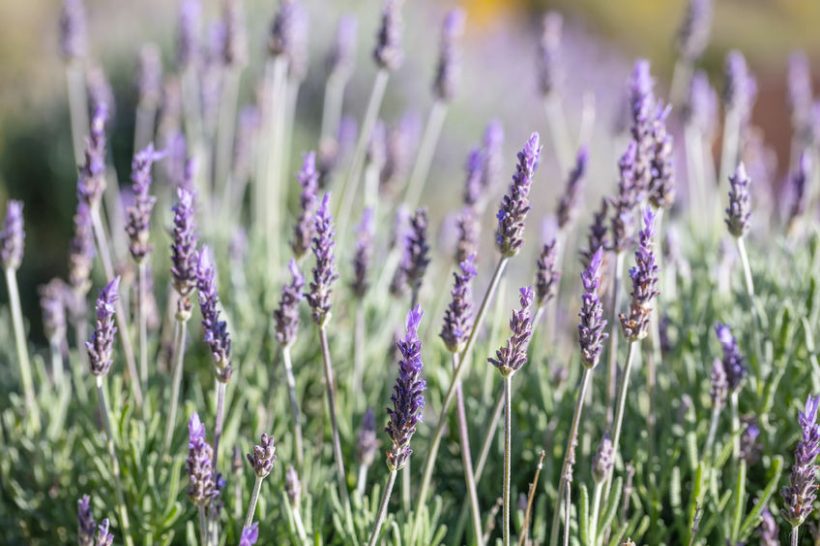
Farmers could be growing more high value crops for pharmaceuticals if research into treating an aggressive form of lymphoma proves successful.
Researchers have recently discovered that specific essential oils inhibit cancer cell growth in Mantle Cell lymphoma, which has a survival rate of just three to five years.
No new biomedical compounds are helping to prolong patient survival, but plants have a better prevalence of producing the correct structure of bioactive compounds.
"We’ve found some essential oils that have a growth inhibitory effect," explains project leader Dr Lynn McCallum, associate professor of haematology at Plymouth University.
As part of the university research, vertical farming firms Ginium and Plant Factory are collaborating with Cornish Essential Oils to add value to locally grown crops.
They are working with plants such as lavender, bay, basil and mint by maximising the quality of the oil produced, for sale into the medical and cosmetics industry.
The companies have identified affordable ways to adjust the plant environment – including light intensity and spectrum – to increase yields and the concentration of beneficial compounds.
Agri-tech company Ginium is now setting up a vertical growing unit at Cornish Essential Oils’ farm near Callington.
They will compare the production of crops in a conventional polytunnel, environmentally managed polytunnel and environmentally managed shipping container.
“The aim is to manipulate the levels of essential oils to benefit the lymphoma research, while also adding value to the crop,” said Ian Sexton at Cornish Essential Oils.
The company already has a market for its lavender for the next five years – and if the lymphoma research proves successful then demand is likely to grow.
George Journeaux, director of Ginium added: “We are creating a toolbox of technology that will make vertical growing more accessible.
“The plug and play technology is very easy to use and lower cost than traditional vertical growing systems."
Growing crops inside means the producer can have seven to eight growing cycles a year, in a pest-free environment.
The farmer also has the ability to manipulate the chemical composition of the plant, according to Ginium.
And by linking with the medical research facility, it is possible to quickly evaluate the impact of changing the crop environment on the essential oils’ anti-cancer effects.
Marwa Jbara, research assistant at the Plant Factory said: “Herbal medicines have been used for generations, but the chemical composition is defined by local environmental conditions – by growing in a controlled environment we can produce very high value chemicals.”
The next step is to identify whether the essential oils affect normal human cells, and then whether they affect other types of cancers.
“We need to identify which receptor pathways the compounds are working on, and then we can move to clinical trials and optimise the therapeutic window in which to use them,” she added.
“Commercial use is still a long way off, but because Mantle Cell lymphoma is aggressive and untreatable, anything which is genuinely useful will be pushed forward quite quickly, as there are no other options.”
